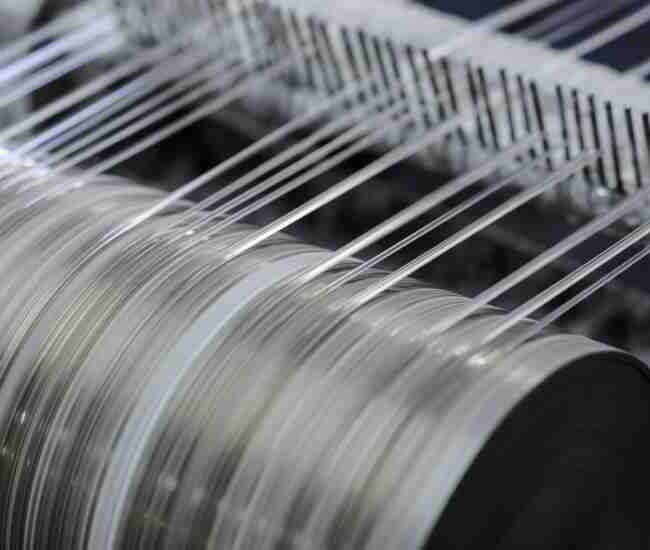Chinese new year
Spring Festival, widely known as Chinese New Year in the West, is the most important traditional festival, and most important celebration for families in China. Chinese New Year’s Day’s date is calculated according to the Chinese lunar calendar, hence the date is different each year on the Gregorian (internationally used) calendar, but always in the period between January 21 and February 20. This year, it will be celebrated on Thursday, February 19.
2015 is a year of the “Goat” according to the Chinese 12-year animal zodiac and if you were born in a Goat year you should be particularly careful in 2015.
Chinese tradition says Chinese New Year is a time for families to be together. Wherever they are, people come home to celebrate the festival with their families.
The New Year’s Eve dinner is called Reunion Dinner, and is believed to be the most important meal of the year. Big families – families of several generations sit around round tables and enjoy the food and time together. Certain dishes are eaten during this period for their symbolic meaning but people from North and South China have different sayings about the food they eat on this special day. In northern China a traditional dish for the feast is jiaozi (dumplings). They are shaped like a crescent or half moon. Southern Chinese eat niangao (a cake made of glutinous rice flour) on this special day because niangao sounds like the “higher every year”.
After the New Year’s Eve dinner, family members will normally stay awake during night. Some people just stay up until midnight after fireworks. According to tales and legends, there was a mythical beast named the “Year”. At the night of New Year’s Eve, the “Year” will come out to harm people, animals, and proprieties. Later, people found that the “Year” is afraid of the color red, fire, and loud sounds. Therefore, at the New Year’s Eve night, people will launch fireworks, light fires, and stay awake the whole night to fend off the “Year”.
One of the most common habits during Chinese New Year is give “red pockets” (hong bao) as presents. Those little bags contain money and are usually given by adults to young children.
On the other hand, it is not recommended to give items like “shoes” (the word “shoes” -“xié” 鞋- sounds like “evil”-“xié” 邪), pears (those sound like “leaving someone”) and watches or clocks since those symbolize the passing of the years and the time and are not a gift auspicious.
新年快了!




